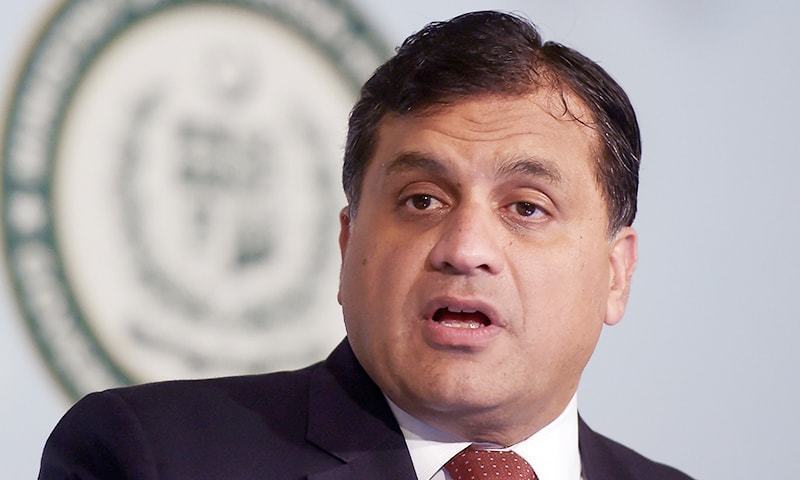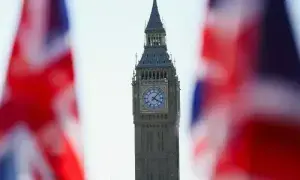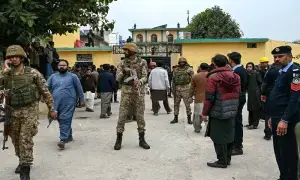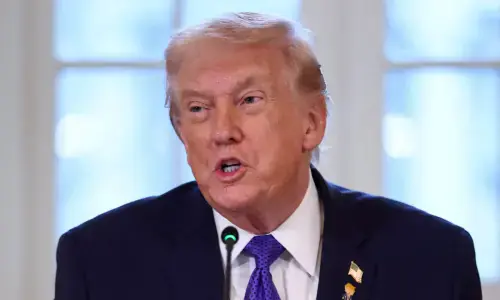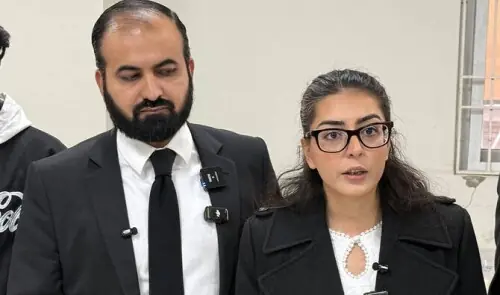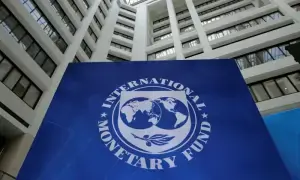Pakistan on Saturday expressed "deep concern" over the Indian Supreme Court's ruling in the historic Babri Masjid case, saying it had made it clear that "minorities in India are no longer safe".
While announcing its judgement on a disputed land where Hindu hard-liners demolished the 16th-century Babri mosque in 1992, India's top court earlier in the day ruled in favour of the Hindus and said that a temple will be constructed on the Ayodhya land.
"The decision has, once again, failed to uphold the demands of justice," a statement issued by the Foreign Office said, pointing out that the United Nations had recently noted that the Indian Supreme Court’s response to human rights petitions in the context of Indian-occupied Kashmir had been "slow".
Examine: What the Supreme Court's Ayodhya judgment means for the future of the Republic of India
"This decision points out that when [the court] acts, it is unable to protect the interests of India’s minorities," the press release added.

It said the court's unanimous decision, which is likely to have a significant impact on fraught relations between India’s Hindus and Muslims, "has shredded the veneer of so-called secularism of India by making clear that minorities in India are no longer safe; they have to fear for their beliefs and for their places of worship".
The FO expressed concern that "a process of re-writing history is underway in India in order to recast it in the image of a ‘Hindu Rashtra’ in pursuance of the Hindutva ideology", adding that the trend is also fast affecting India’s major institutions.
"The rising tide of extremist ideology in India, based on the belief of Hindu supremacy and exclusion, is a threat to regional peace and stability," the press release said.
It said the Indian government should ensure protection to Muslims, their lives, rights and properties and "avoid being yet again a silent spectator of Muslims becoming the victims of Hindu extremists and zealots".
The FO also called upon the international community, the UN and other human rights organisations to play their role by "restraining India from its pursuit of an extremist ideology" and to ensure equal rights and protection of the minorities in India.
Also on Saturday, a demonstration was organised by a students organisation in Islamabad to protest against the Indian top court's judgement. The participants held banners against Indian Prime Minister Narendra Modi and chanted slogans against the verdict.

